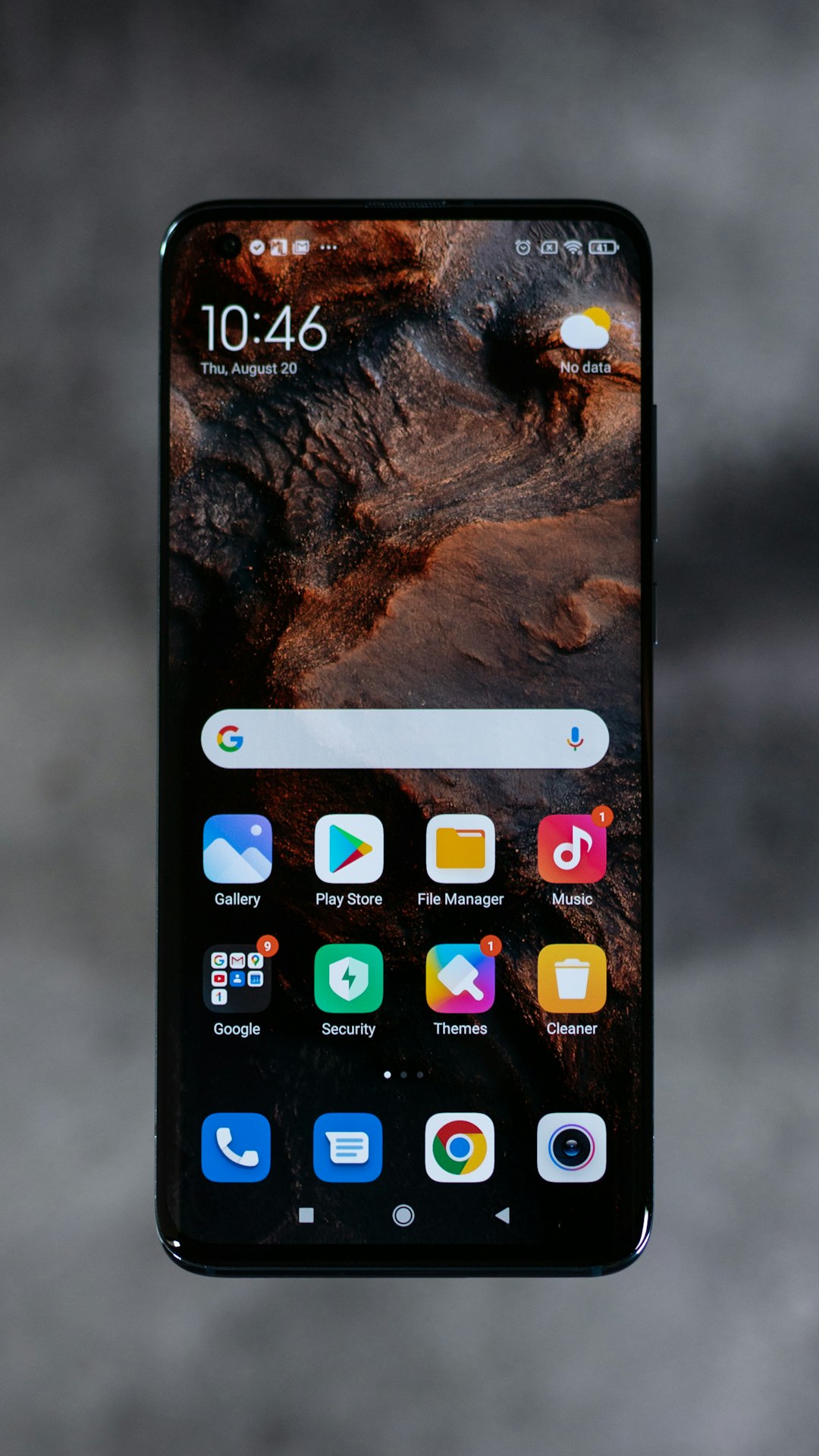Spam calls are a common problem for Missouri smartphone users, but state and federal laws like TCPA protect consumers. Documenting incidents is crucial if you plan to take legal action against unsolicited telemarketing. Kansas City residents can reduce spam calls with call filtering, protecting themselves from scammers and legal issues. Setting up filters in phone settings blocks specific areas or known spammers, even for Missouri-based lawyers.
In Kansas City, as across the nation, spam calls are a ubiquitous and irritating problem. Beyond mere annoyance, these illegal robocalls can carry significant legal implications, with Missouri having strict laws in place to protect residents from deceptive telemarketing practices. This article explores how setting up a call filter on your smartphone can help reduce these unwanted interruptions, offering peace of mind and potentially saving you from the entanglements of a spam call lawyer in Missouri.
Understanding Spam Calls and Their Legal Implications in Missouri

Spam calls, or unsolicited phone marketing, have become a persistent issue for many smartphone users. In Missouri, businesses are subject to state and federal laws that regulate telemarketing practices. These laws are designed to protect consumers from unwanted and deceptive marketing calls. A spam call lawyer in Missouri can help you understand your rights and the legal implications of receiving these calls.
The Missouri Attorney General’s Office actively enforces laws against spam calls, which include the Telephone Consumer Protection Act (TCPA). Violations can result in significant fines for businesses engaging in unsolicited phone marketing. If you’ve received a spam call, documenting the incident—including the caller’s information and any recorded messages—can be crucial if you choose to take legal action or file a complaint with the Attorney General’s Office.
Benefits of Call Filtering for Kansas City Residents

For Kansas City residents, setting up call filtering on their smartphones is a smart move that offers numerous advantages. One of the primary benefits is the significant reduction in spam calls. With a sophisticated filtering system in place, unwanted and often fraudulent calls from telemarketers or scammers can be blocked before they reach your ear. This not only saves you from annoying interruptions but also helps in maintaining a peaceful living environment.
Moreover, call filtering tools can act as a shield against potential legal issues. Many spam calls are from lawyers or financial institutions claiming urgent matters and demanding immediate action. By filtering out such calls, residents of Missouri, including Kansas City, can avoid falling victim to these scams, ensuring their personal information remains secure and confidential. This simple yet effective measure empowers individuals to take control of their communication and stay protected in the digital age.
Step-by-Step Guide: Setting Up Call Filter on Your Smartphone

Setting up a call filter on your smartphone is a straightforward process that can help protect you from spam calls, especially if you’re a lawyer in Missouri dealing with a high volume of unsolicited interactions. Here’s a step-by-step guide to get you started.
1. Open Your Phone Settings: Start by accessing your device’s settings. This is usually located in the main menu or by swiping down from the top of the screen on Android, or by tapping the gear icon on iOS.
2. Navigate to Call Settings: Within the settings, find and select “Call Settings” or “Calls.” Here, you’ll find options for managing incoming calls. Some phones might have a dedicated “Call Filter” or “Spam Protection” section; if not, look for features related to blocking numbers or allowing only specific contacts.
3. Enable Call Filtering: Activate the call filtering feature by flipping the switch to the ‘On’ position. This will start the process of training your filter.
4. Customize Your Preferences: Most call filters allow you, as a Missouri lawyer, to customize your settings. You can block numbers from specific areas or known spam sources. Some advanced systems even learn from your interactions and automatically block similar calls in the future.
5. Add Permitted Numbers: Ensure that your business number is listed as allowed so you don’t miss important calls from clients or colleagues. You can also manually add contacts who are reliable sources.
6. Test Your Filter: After setting up the call filter, test it by receiving a few calls to ensure it’s functioning correctly. Review your call log and make adjustments as needed.






